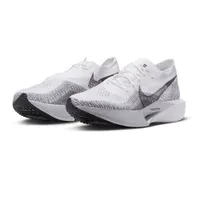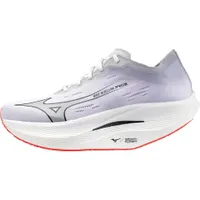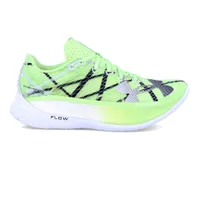The best carbon plate running shoes 2025
Boost your speed with a carbon plate
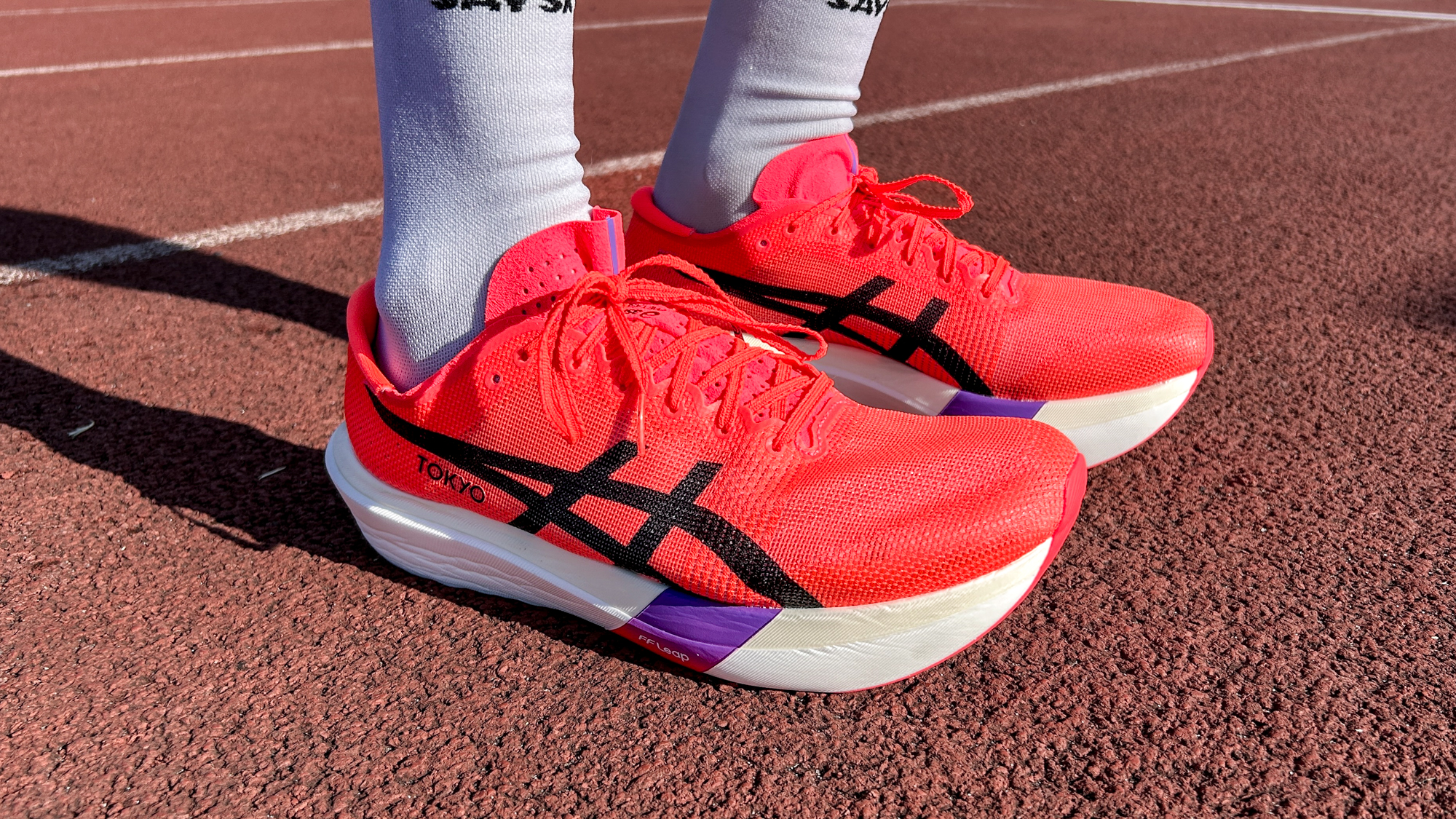
1. The quick list
2. Best overall
3. Best Nike
4. Best Saucony
5. Best New Balance
6. Best Hoka
7. Best value
8. Most durable
9. Most innovative
10. How we test
11. How to choose
12. Also tested
13. FAQs
As an avid runner who loves racing, I’ve been testing the best carbon plate running shoes ever since the original Nike Vaporfly 4% launched. I’ve tried almost every super-shoe released since then by a major brand and know as well as anyone how much carbon shoes can help when it comes to running fast and setting PRs.
The lightweight, propulsive designs of plated shoes help you to run more efficiently so you can maintain your fastest speeds throughout races, and carbon shoes are the most technologically-advanced running shoes you can get.
They’re also the most expensive, however, and less durable and suitable for regular use than the best running shoes for training. That means you need to pick wisely when selecting your super-shoe, and my go-to racer right now is the Asics Metaspeed Sky Tokyo, which I rate as the fastest and best shoe for events of any distance.
The Metaspeed Sky Tokyo is not your only option though, and I've also rounded up our favorites across a range of brands and styles.
The quick list
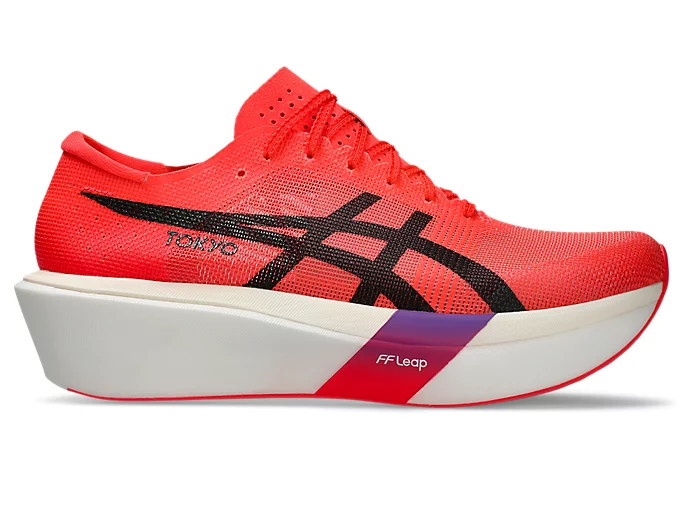
The Asics Metaspeed Sky Tokyo is an unbelievably light and fast shoe that has a soft and springy ride thanks to the mix of foams in the midsole and the full-length carbon plate. It's my favorite racer.
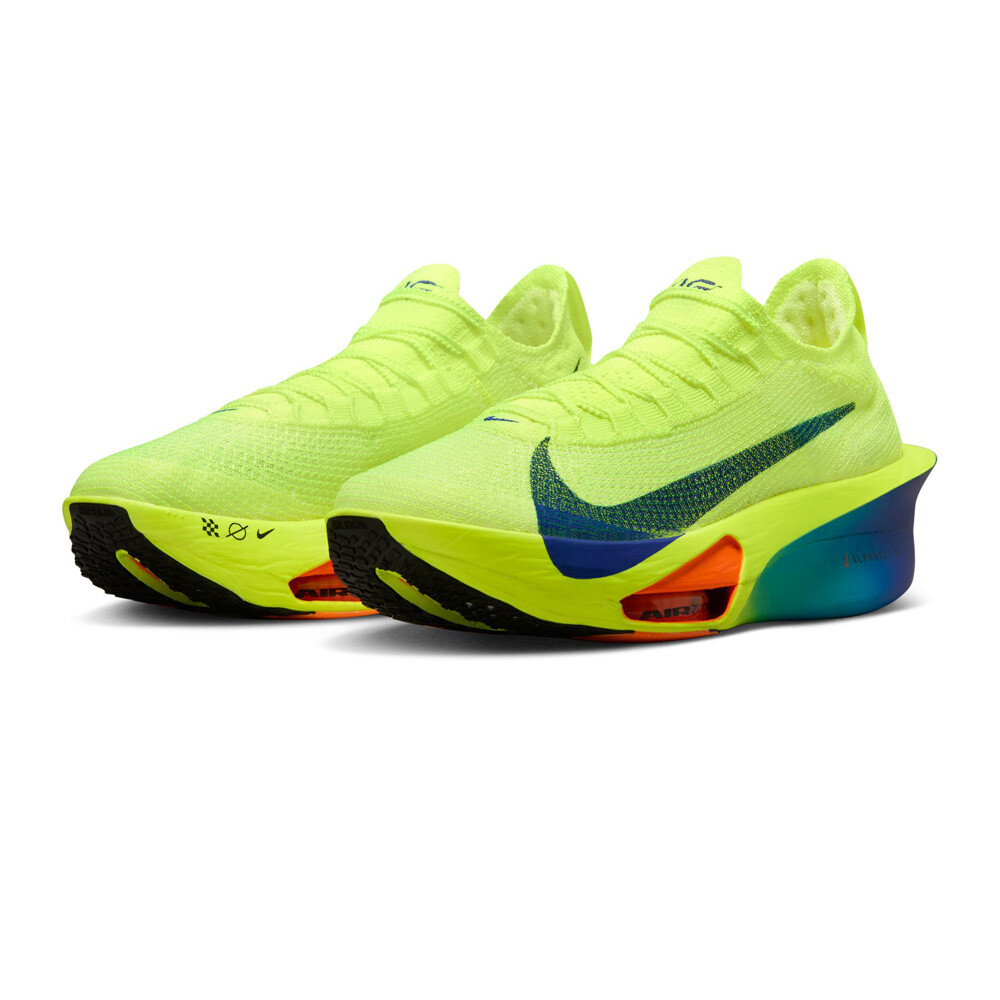
Nike has two exceptional racers in its range, with the Nike Vaporfly 3 also being one of the best available from any brand, but I prefer the even more propulsive ride delivered by the Nike Alphafly 3, especially for longer races like marathons.
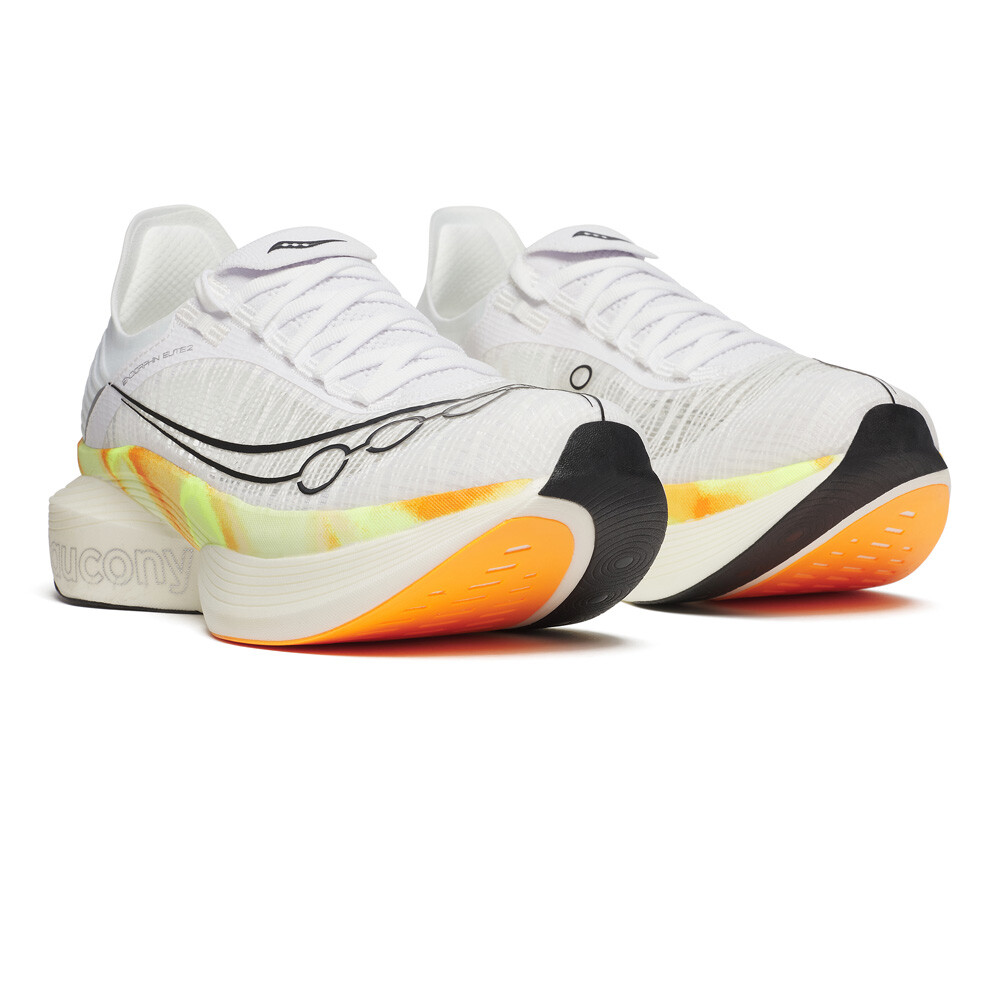
The Endorphin Elite 2 has the softest and springiest ride of any super-shoe I've tested, which can make it a little unstable, but the bounce and propulsion you get also makes it terrifically fast and fun to run in.
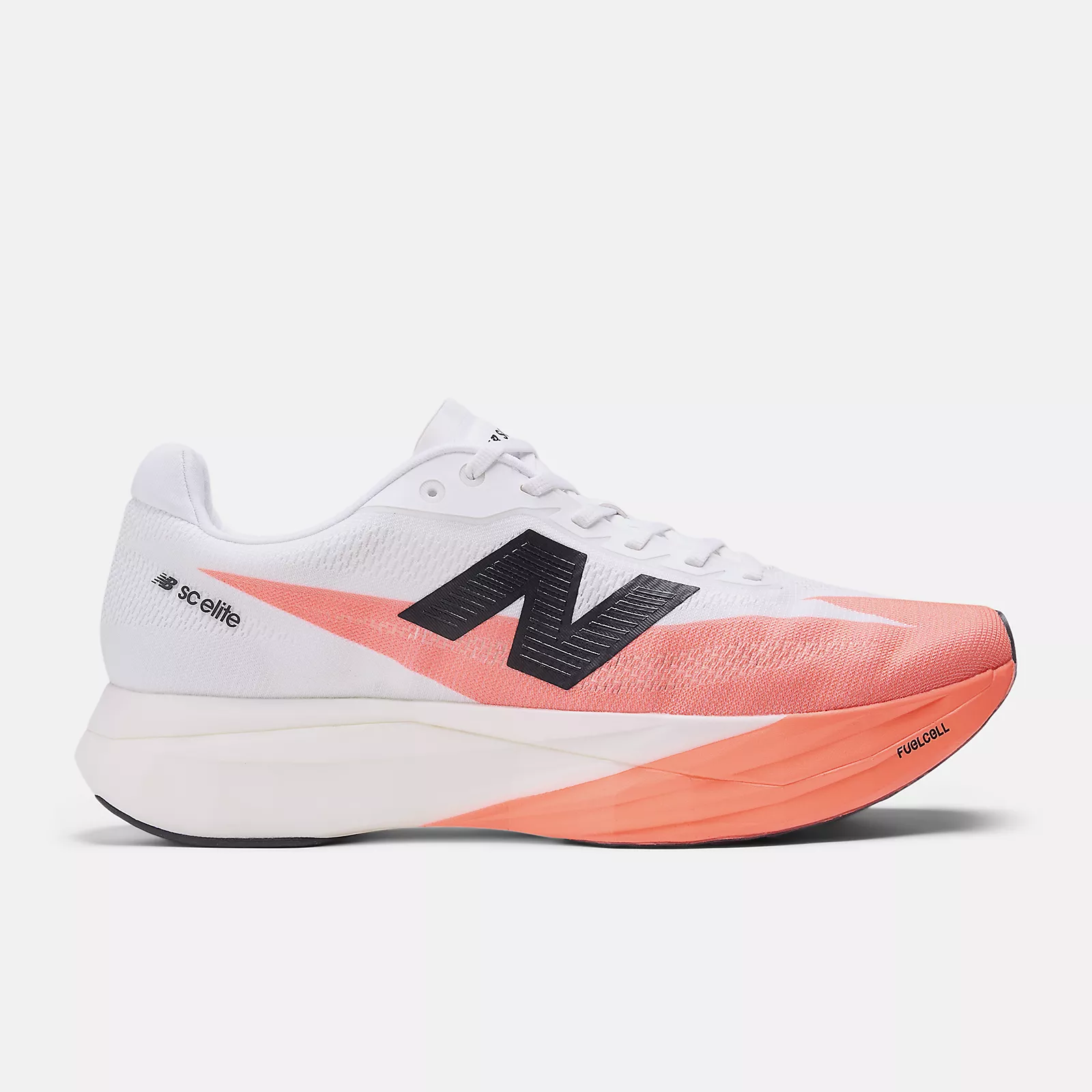
The SC Elite v5 is the fastest shoe New Balance has ever made, with a sharp rocker that helps to push you onto your toes with each stride.
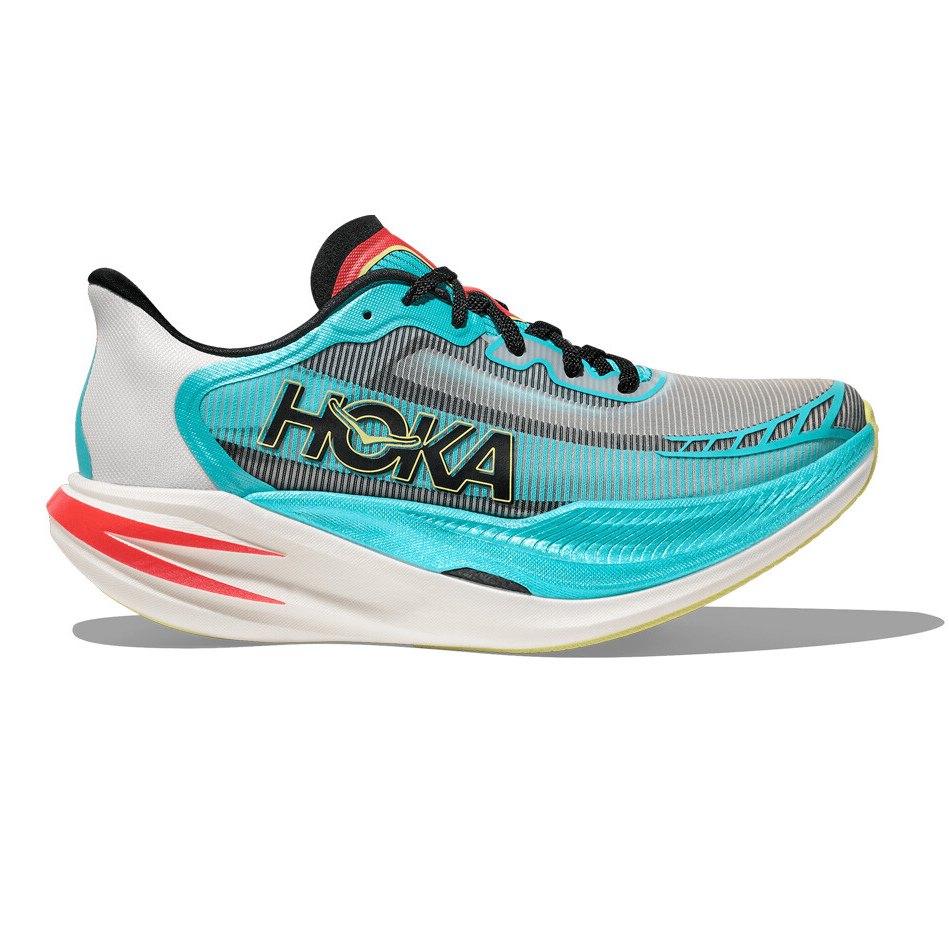
The Hoka Cielo X1 2.0 takes some of the features of the Hoka Rocket X2 and Hoka Cielo X1 to create the brand's lightest and fastest racer yet, and it has one of the springiest rides of any super-shoe.
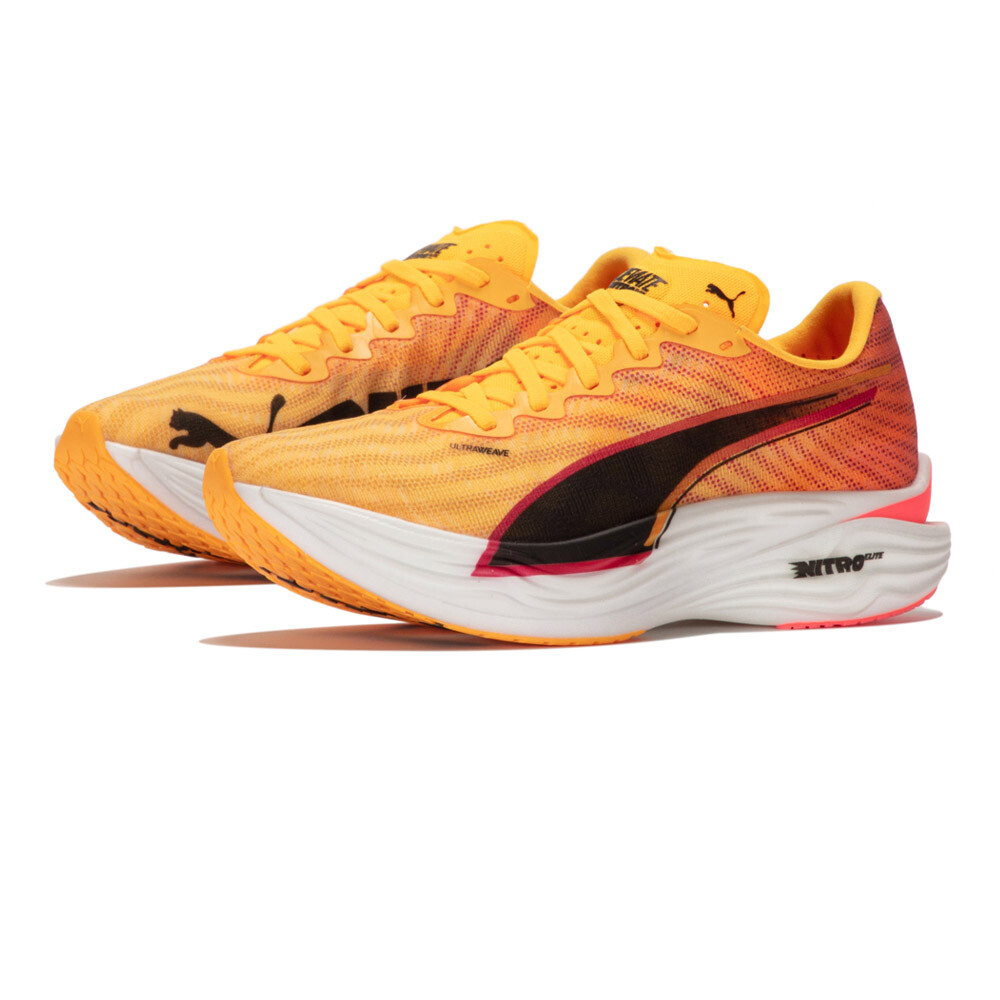
The Puma Deviate Nitro Elite 3 is a little cheaper than most carbon shoes, and Puma also reduces its racing shoes more than other brands. It’s still a top-class racer too, and offers better grip and durability than most rivals.
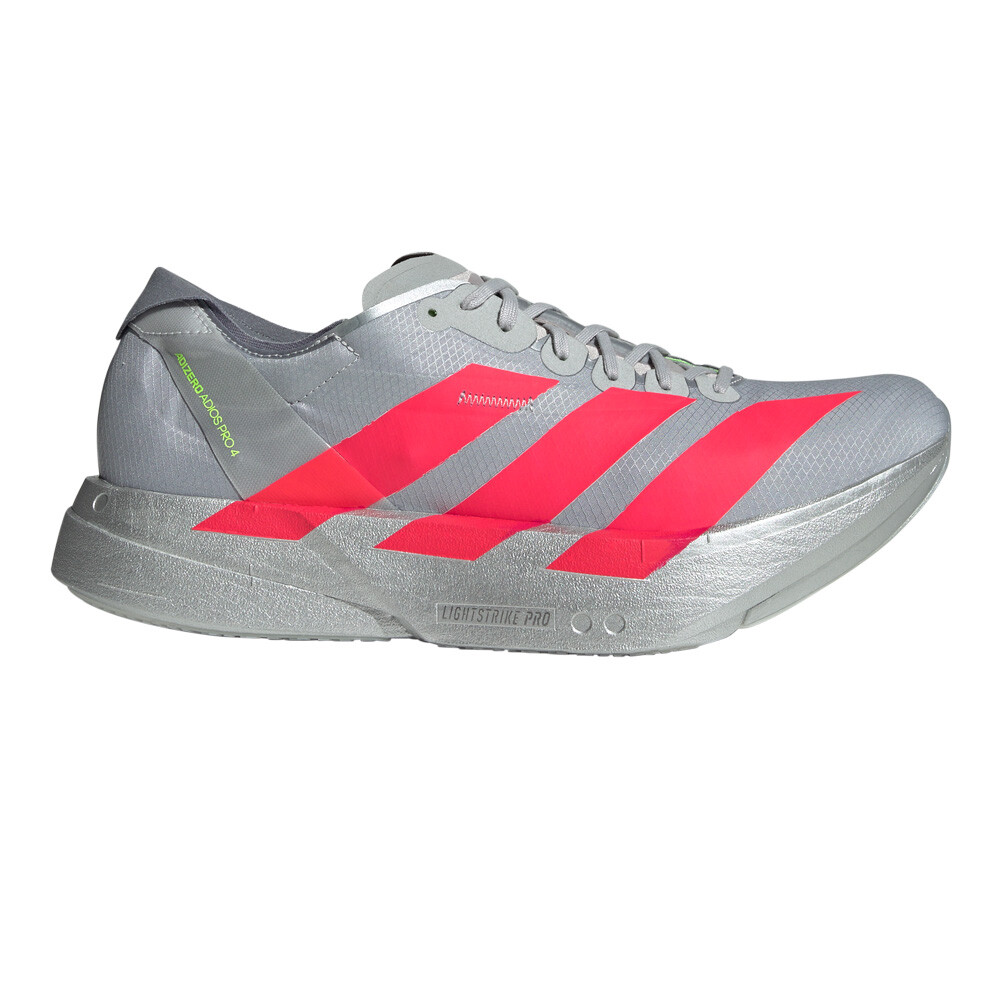
The Adidas Adios Pro 4 is lighter and faster shoe than it's predecessor, and a top racing option for any distance. The bouncy ride is power by carbon-infused rods rather than a plate, but the effect is the same.
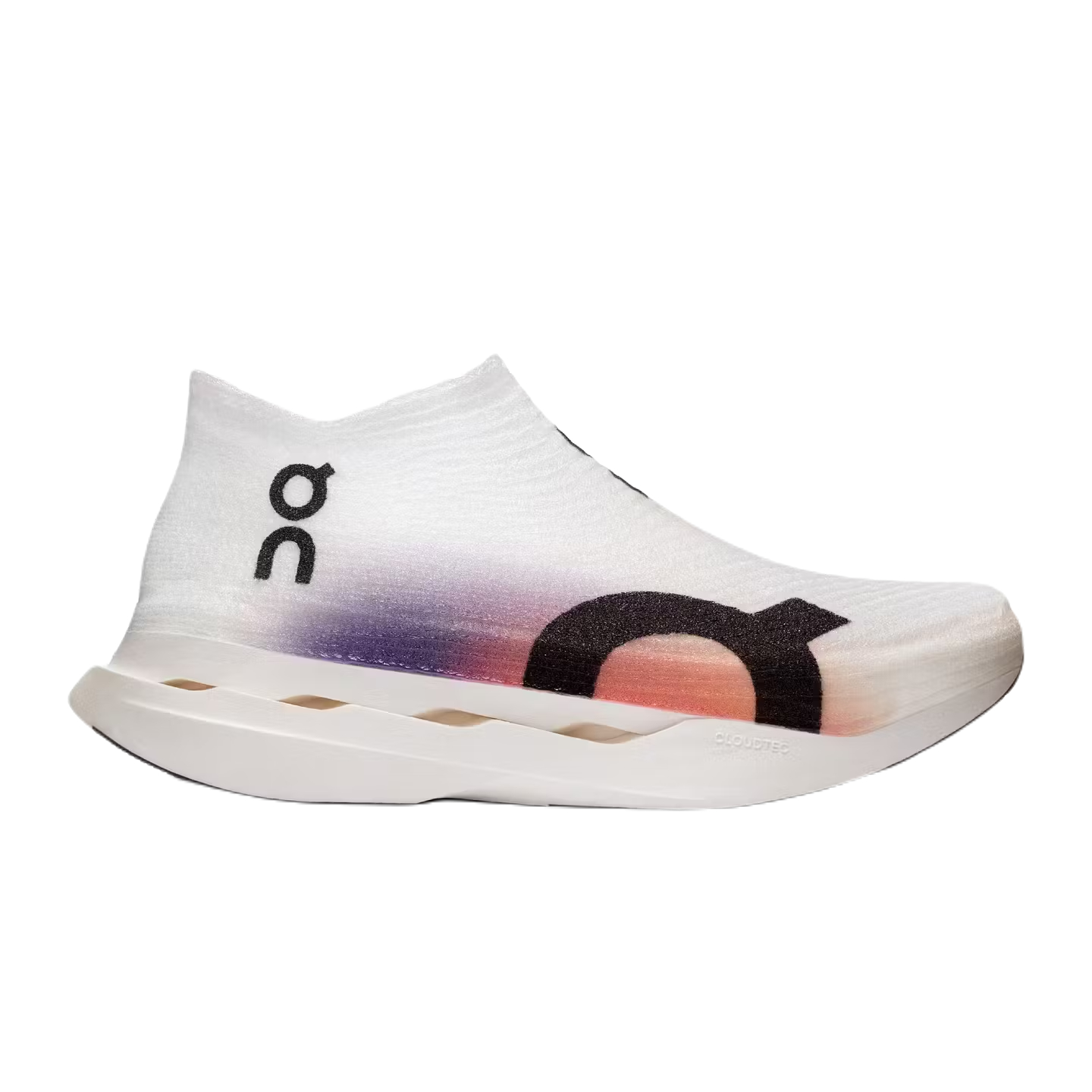
On’s top carbon racer has a laceless upper that is fused onto the shoe by a robot, giving the shoe its distinctive look. It’s also very fast, and a great racer for any distance.
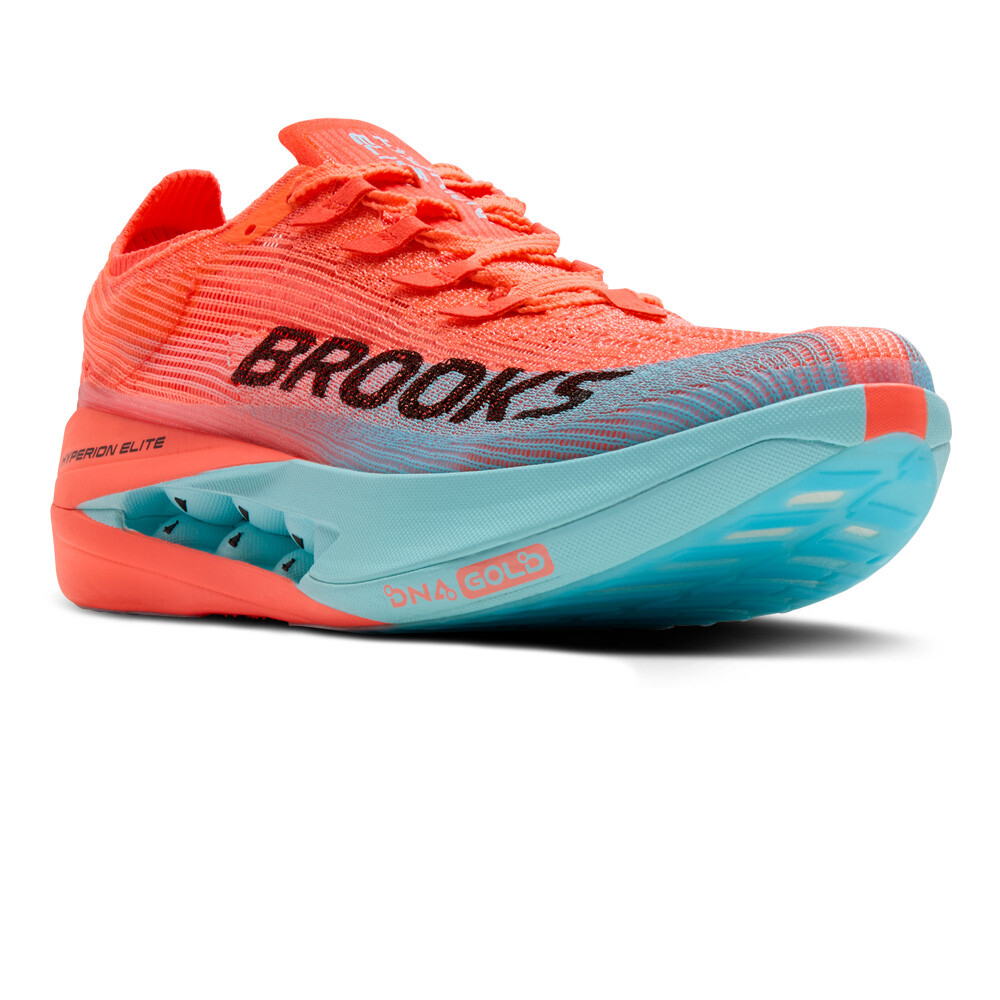
The Hyperion Elite 5 has the lightest and springiest ride of any Brooks racer yet, and offers a more natural and stable ride than many super-shoes from rival brands.

Nick Harris-Fry has been running for over a decade, during which time he’s logged PRs including 2:25:32 for the marathon and 15:30 for 5K. He’s always wearing carbon plate running shoes in his races to test their performance, and has tried almost every top super-shoe out there, with the notable exception of the incredibly expensive Adidas Adizero Pro Evo 2, which he’s still trying to get hold of.
The best carbon plate running shoes you can buy right now
Why you can trust Tom's Guide
Best carbon plate running shoes overall
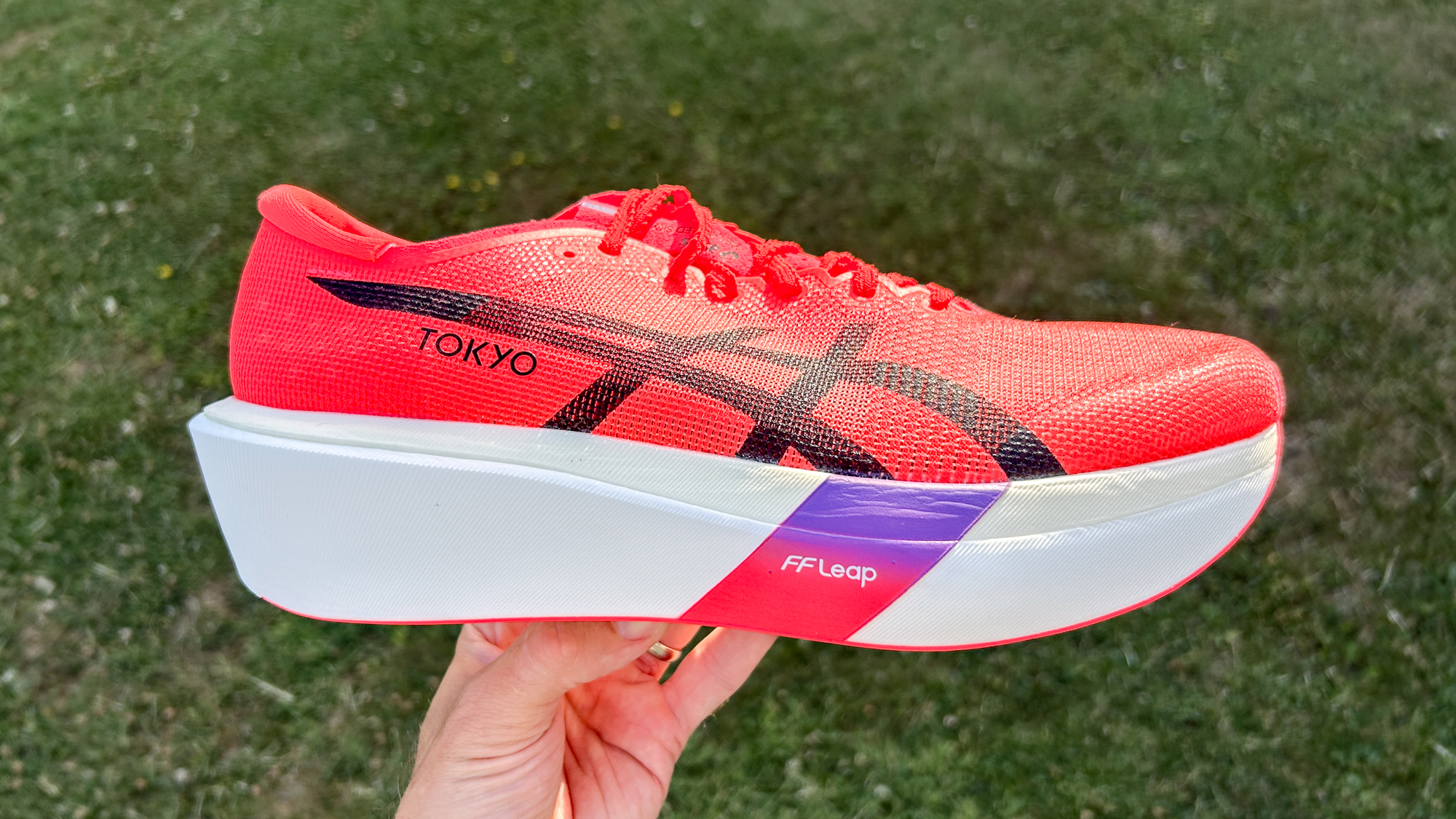
Specifications
Reasons to buy
Reasons to avoid
I ran two marathon PRs in the Asics Metaspeed Sky Paris, the predecessor to the Metaspeed Sky Tokyo, and it has a claim for being my favorite racing shoe of all-time.
That means when I say that the Metaspeed Sky Tokyo is a significant upgrade on the Sky Paris, you know it's a special shoe.
The new midsole setup now includes a layer of FF Leap foam, which is Asics's lightest and springiest material, and it improves the ride of the Metaspeed Sky Tokyo to make it more comfortable for long events and faster over any distance.
In my testing of the Metaspeed Sky Tokyo I've now run my fastest half marathon and a 2:24 marathon, and it's become my go-to racer for my key events.
It's one of three great Asics racers available right now, and some runners might prefer the softer and lighter Asics Metaspeed Ray, but it's more expensive and less stable than the Metaspeed Sky Tokyo, which I think is a better bet for most runners.
- Read our full Asics Metaspeed Sky Tokyo review
Best Nike carbon plate running shoes
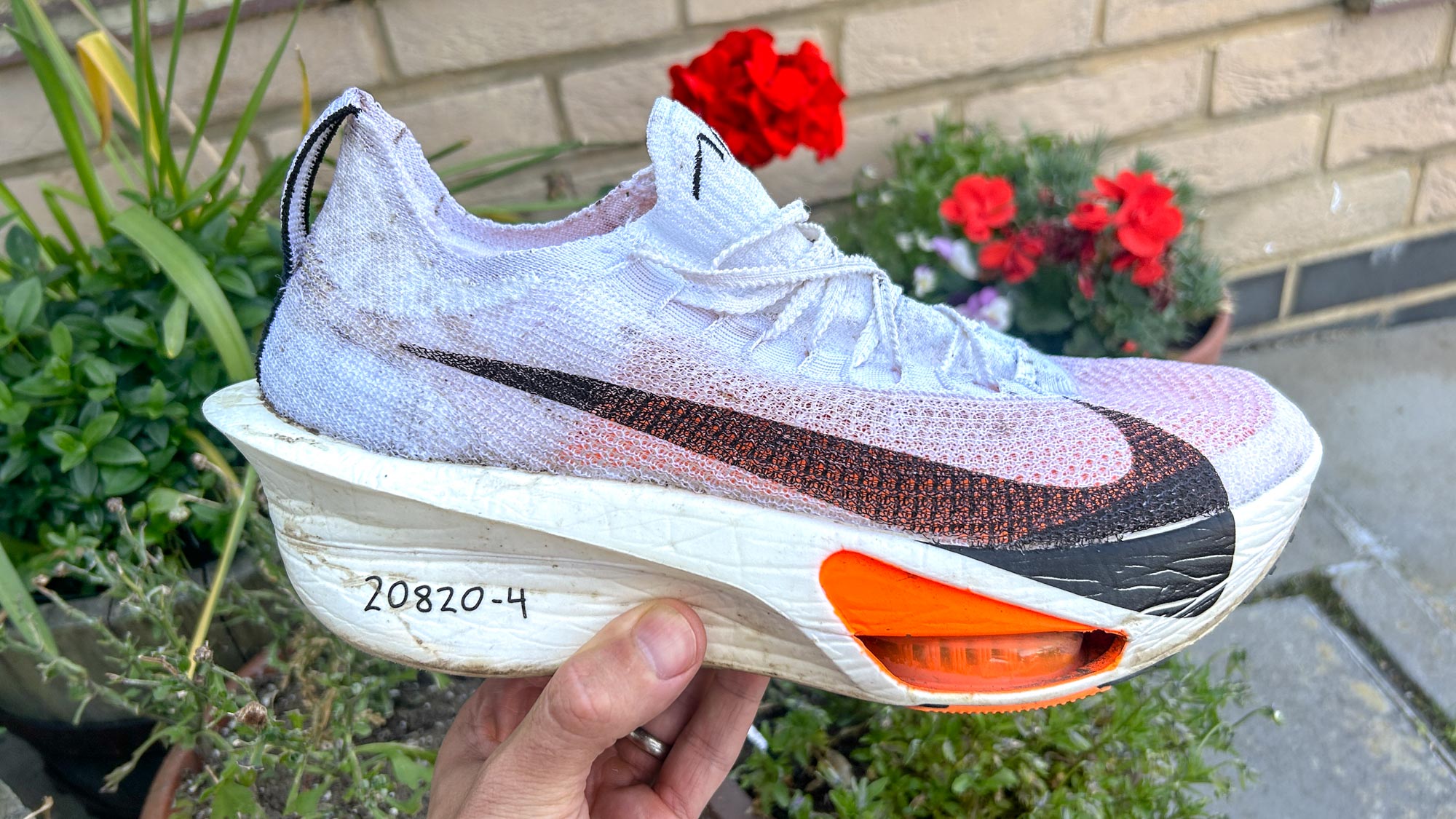
Specifications
Reasons to buy
Reasons to avoid
The Nike Alphafly 3 is the shoe that Kelvin Kiptum used when setting the world record at the Chicago Marathon 2023 and a strong contender for the title of the best carbon racing shoe overall thanks to its incredibly propulsive ride, which is powered by a tall stack of bouncy ZoomX foam and a full length carbon plate.
I've raced various distances in the Alphafly, and clocked over 80 miles in the shoe in total including several hard and long training runs, and it’s outstanding. It saves your legs on long, hard runs, while being light and nimble enough to help you speed through short races and interval sessions.
The Alphafly 3 is closely rivaled within Nike’s range by the Nike Vaporfly 3, which is lighter and perhaps a better pick for 5K or 10K events. However, the Alphafly’s more propulsive ride makes it my preferred Nike racer overall, and it also has a more durable design, with the outsole in particular being more hard-wearing than the Vaporfly’s.
It’s one of the most expensive carbon shoes available, and has been hard to get hold of so far with Nike only releasing the Alphafly 3 in limited quantities, but if you can get your hands on it the shoe will not disappoint.
- Read our full Nike Alphafly 3 review
Best Saucony carbon plate running shoes
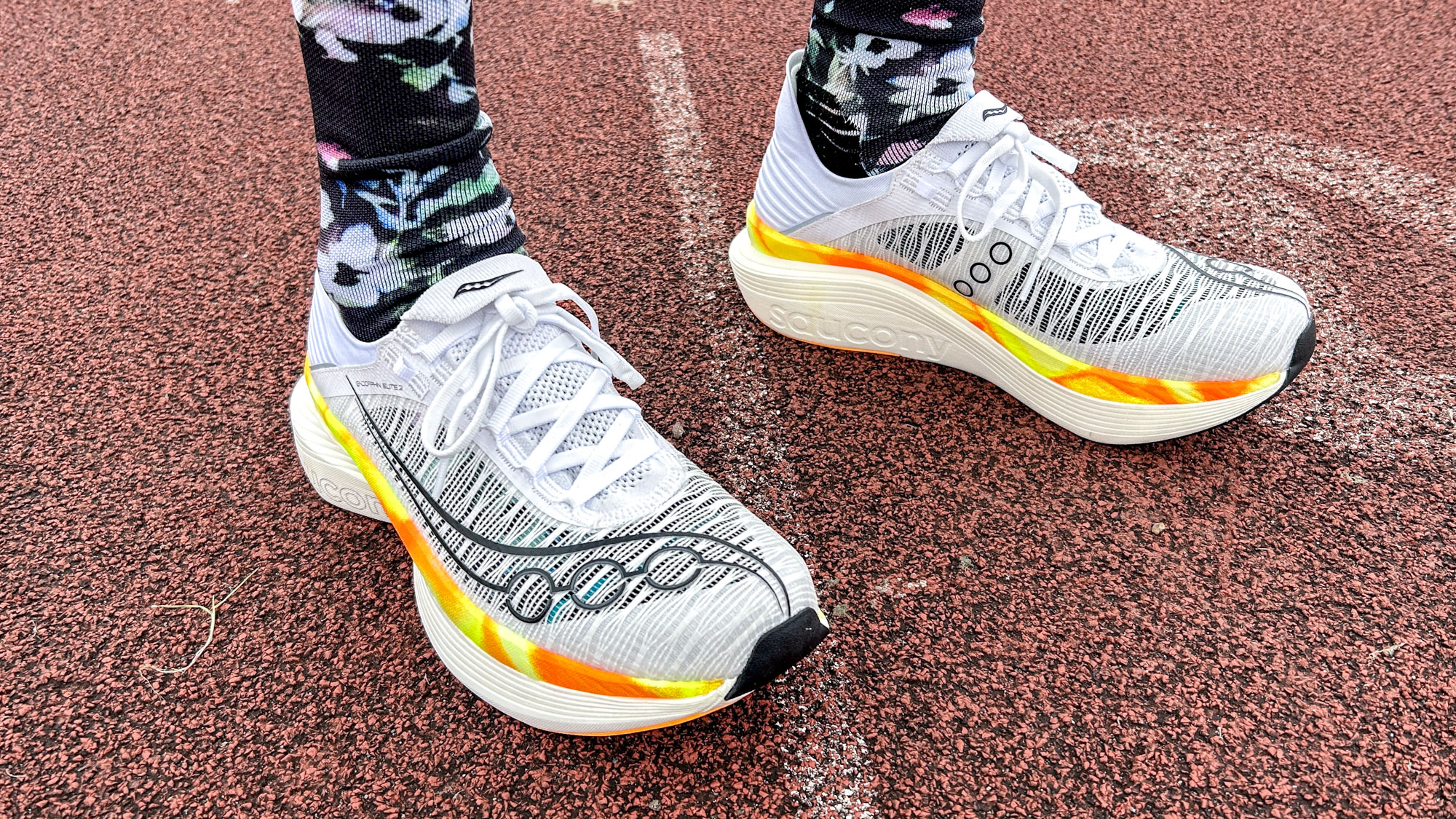
3. Saucony Endorphin Elite 2
Our expert review:
Specifications
Reasons to buy
Reasons to avoid
The Saucony Endorphin Elite 2 is not only drastically different to the original Endorphin Elite, it's unlike any other carbon racer I've tested.
That's all down to the IncrediRun foam in the midsole, which is softer and bouncier than anything else I've comes across. The ride of the Endorphin Elite 2 makes every other shoe feel almost dull in comparison.
This squishy midsole has its downsides, mostly with regards to stability — you need to be especially careful when rounding corners in the Endorphin Elite 2.
However, on the right roads, the Endorphin Elite 2 is fast and wildly fun to run in, and it's also comfortable over long distances. I've raced a 10K and done several long training sessions in the Endorphin Elite 2 and it's a shoe I never feel entirely in control of, but the speed is certainly there.
Watch out for the fit if you do opt for the Endorphin Elite 2 though, because it has a narrow toe-box and has rubbed my little toe at times.
- Read our full Saucony Endorphin Elite 2 review
Best New Balance carbon plate running shoes
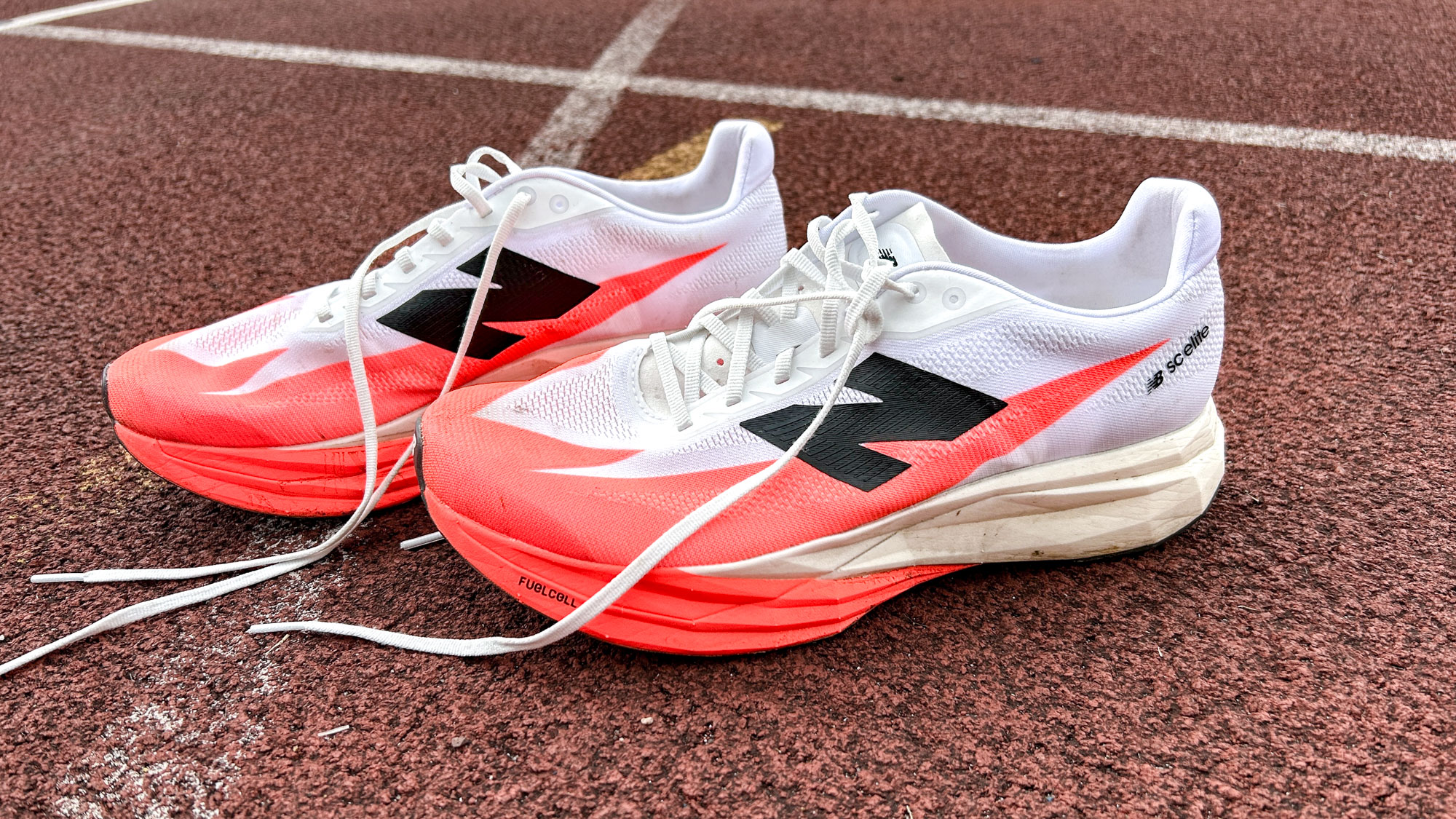
Specifications
Reasons to buy
Reasons to avoid
New Balance's flagship racing shoe has changed a lot over the five generations to date, and the changes made to the SC Elite v5 make it lighter and more aggressive than its predecessor, and the brand's best racer yet in my opinion.
The midsole is made from a springy PEBA foam and has a sharper rocker than on past models, which creates a faster and more propulsive toe-off, aided by the carbon plate.
While it's not as wide and comfortable as its predecessor, the New Balance SC Elite v4, the Elite v5 is straight-up faster, especially for shorter events like 5K and 10K races.
For me, the shoe lacks some of the dynamism of my favorite racers, but the Elite v5 is certainly a quick shoe you can smash your PRs in, and pairs well with New Balance's trainers like the impressive Rebel v5.
- Read our full New Balance SC Elite v5 review
Best Hoka carbon plate running shoes
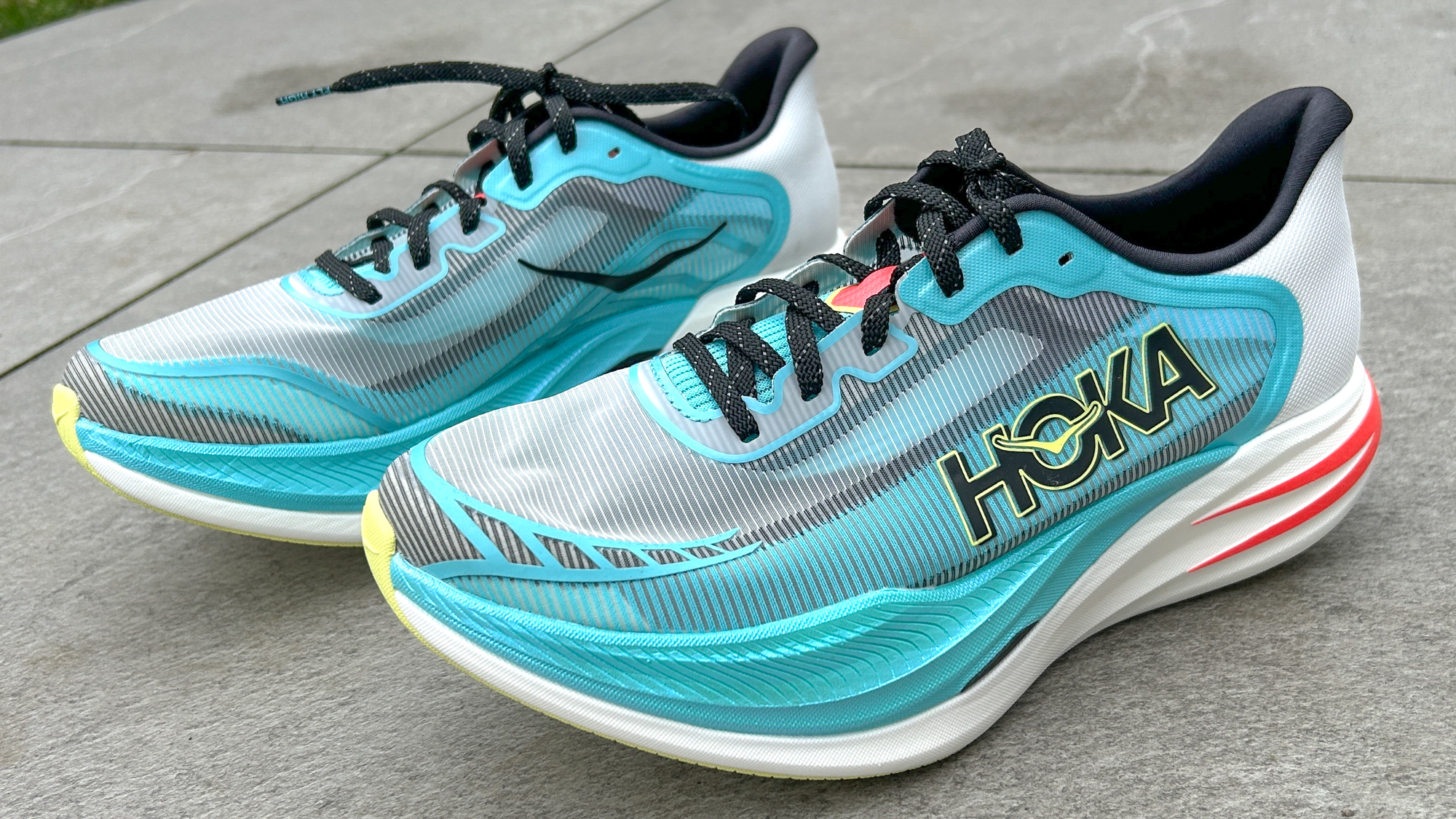
Specifications
Reasons to buy
Reasons to avoid
Hoka was one of the first brands after Nike to make a carbon plate running shoe, and while its early attempts at super-shoes missed the mark, it now has two excellent options in the Hoka Rocket X2 and Cielo X1 2.0.
The Hoka Cielo X1 2.0 is my preferred pick of the pair, being lighter and bouncier than the Rocket X2, and having a more aggressive rocker shape that helps to push you onto your toes with each stride.
I was a big fan of the original Hoka Cielo X1, but more as a training/racing shoe, because it was a bit heavy for race day but more stable and comfortable than most super-shoes, as well as being joyously springy
The Cielo X1 2.0 manages to retain the bounce of the original while cutting the weight considering, and although it's not as stable for training, it's certainly now a better racing shoe.
I've raced a half marathon in the Cielo X1 2.0 as well as doing several hard training sessions and consider it among the best racing shoes going from any brand, though it's high price makes it hard to recommend overs shoes like the Asics Metaspeed Sky Paris and Adidas Adizero Adios Pro 4.
- Read our full Hoka Cielo X1 2.0 review
Best value carbon plate running shoes
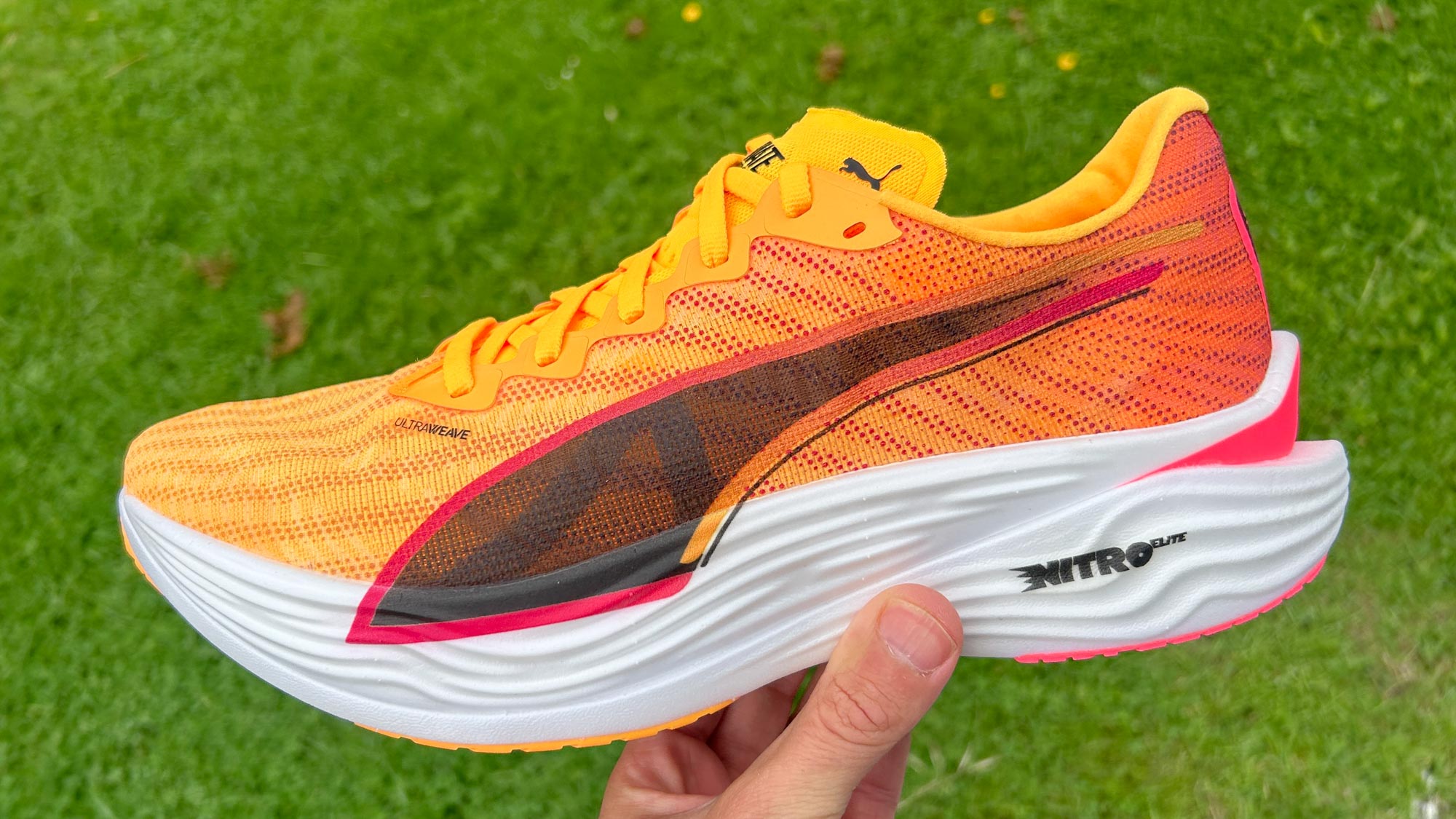
Specifications
Reasons to buy
Reasons to avoid
The Puma Deviate Nitro Elite 3 is the best carbon racing shoe Puma has made to date, and although it’s a little more expensive than its predecessor, it still has a cheaper list price than most racing rivals. In addition, Puma has a welcome track record of discounting its super-shoes, something that isn’t common with other brands, so you might be able to get the Deviate Nitro Elite 3 for even less if you’re patient.
That value doesn’t come at the cost of performance either. The Deviate Nitro Elite 3 is a very lightweight shoe with an aliphatic TPU midsole foam that delivers great energy return. It’s not as soft as some super-shoes, but still comfortable over long distances, and definitely fast enough to help you set PRs in any race.
One standout feature of most Puma shoes is the excellent grip they offer, and the Pumagrip outsole rubber on the Deviate Nitro Elite 3 provides reliable traction on wet pavements, and I even found it a good option for races on light trails.
This rubber and the aliphatic TPU material in the midsole are both long-lasting materials, and the Deviate Nitro Elite 3 is one of the more durable racing options out there, which only increases the value it offers to runners.
- Read our full Puma Deviate Nitro Elite 3 review
Best Adidas carbon plate running shoes
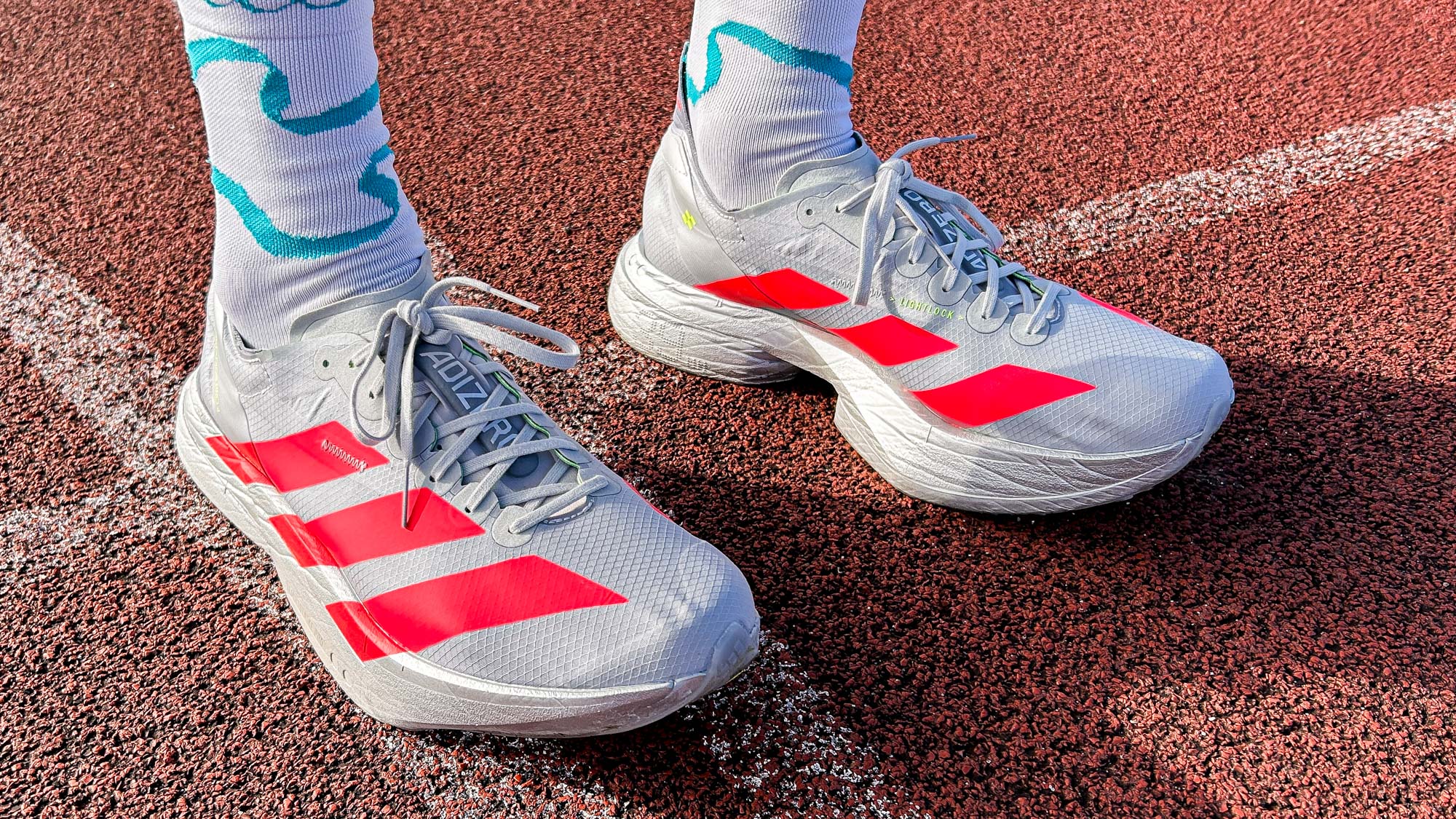
Specifications
Reasons to buy
Reasons to avoid
The Adios Pro 4 is not actually the top racing shoe in the Adidas range, with the Adios Pro Evo 1 being the shoe the brand's elites often race in. However, the Pro Evo 1 is very expensive, not always available, and not particular durable, so the Adios Pro 4 is the shoe I'd pick out for amateur runners of all levels.
It's still an impressively fast shoe for races of any distance, with a propulsive ride powered by the carbon-infused energy rods in the midsole, which act like a carbon plate in stabilizing the bouncy Lightstrike Pro foam and adding punch to the ride of the shoe.
It's my favorite Adidas racer yet, with a lighter and faster design than the Adios Pro 3, though I haven't been able to test the Pro Evo 1 myself. It's not the most stable shoe, but carbon plate racers rarely are, and it's been supportive enough for long, fast runs for me.
I'd look out for the fit of the shoe, however, which can be a little tight around the toes. If you're looking for a marathon racing shoe in particular this will be a concern, so it might be worth going up half a size if you often have trouble with shoes rubbing your toes.
- Read our full Adidas Adizero Adios Pro 4
Most innovative carbon plate running shoes

Specifications
Reasons to buy
Reasons to avoid
The On Cloudboom Strike LS is the distinctive shoe used by Hellen Obiri when she won the Boston Marathon 2024 and bronze in the marathon at the Paris Olympics. The novel LightSpray upper is the star feature on the shoe, and what separates it from the standard On Cloudboom Strike, which has a regular upper.
This laceless, seamless upper is attached to the shoe using a robot in a process that takes just three minutes, giving hope to the idea that On might one day be able to personalize the fit of the shoe when you buy it in store. This is one innovation I expect to see with carbon plate shoes in the coming years — a more personalized experience — but you don’t need a custom fit to enjoy the Cloudboom Strike LS, which is one of the fastest shoes I’ve run in this year.
The upper makes it considerably lighter than the standard Cloudboom Strike, and I found the fit to be comfortable and secure when racing and running fast sessions. After 80 miles of running there has been no stretch in the one-piece upper, and I’ve had no irritation from it either. I do have a narrow foot though, and some might prefer a more traditional upper that you can adjust to get the right fit.
While the upper draws the eye, the real key to the shoe’s high level of performance is the Helion HF Peba foam in the midsole, which delivers a propulsive ride for runs of any distance. You can get that ride from the standard Cloudboom strike though, and it’s also $50 cheaper than the Cloudboom Strike LS, which is set to go on sale in winter 2024/25 and comes in more expensive than every other carbon shoe on this list — innovation doesn’t come cheap.
- Read our full On Cloudboom Strike LS review
Best Brooks carbon plate running shoes
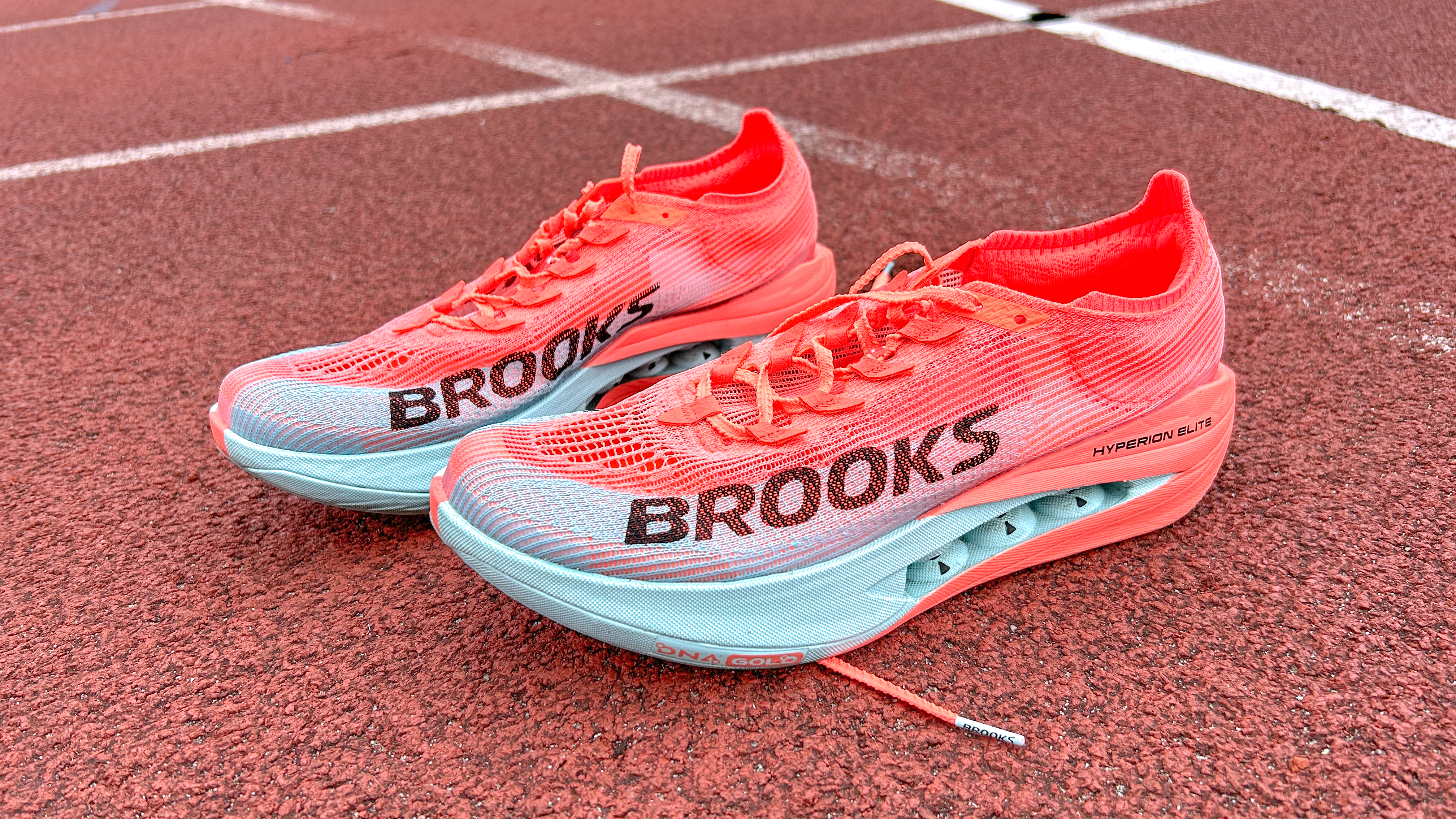
Specifications
Reasons to buy
Reasons to avoid
Brooks took longer than most brands to release a top-notch carbon racer, with the early models of the Hyperion Elite lacking the propulsive ride of the best super-shoes.
The brand is making up for lost time now though, having launched the Hyperion Elite 4 PB and Hyperion Elite 5 in 2025, with both shoes being excellent racing options.
I rate the Hyperion Elite 5 a little more highly than its predecessor thanks to its slightly lighter and springier design. The DNA Gold foam in the midsole is a PEBA material that offers a lot of energy return, aided by the carbon plate.
The 'bubbles' on the sides of the midfoot allow Brooks to carve out some foam and reduce weight without making the Hyperion Elite 5 too unstable, and it has quite a natural and forgiving ride for a carbon plate racer, which might make it more suitable for those new to super-shoes.
While I enjoyed using the shoe for several workouts and a 10K race, I rate a couple of shoes as faster than the Hyperion Elite 5, but it's Brooks' best carbon plate running shoe yet and a more than capable performer.
- Read our full Brooks Hyperion Elite 5
How I test the best carbon plate running shoes
It’s quite simple really, I run in them! All of the shoes above have been put through their paces on a number of different sessions — from speedier runs around the track, to longer, slower, tempo sessions on the sidewalk.
I’ve also worn most of them for races of different lengths — including faster 5K’s, longer half-marathons and the odd marathon to test how they make me run and feel on race day.
When testing running shoes, I look at the fit and feel of the shoe, as well as stand-out features, like laces that are designed to stay tight as you move (because who wants to stop and re-tie their shoe mid-race?) and cushioning around the Achilles.
How to choose the best carbon plate running shoes for you
When it comes to choosing the best carbon plate running shoes for you, there are a few things to consider. First, the fit. Like the best sports bras or best running leggings, the best running shoe for you will fit your foot comfortably and not rub, pinch, or slip as you run. Some brands are likely to fit your foot better than others, so it’s good to try them before investing. If you have a wider foot then take care when picking a shoe, as many racers are quite narrow — the New Balance SuperComp Elite v4 is one carbon shoe that does have a wider fit.
Next up, you’ll want to think about the weight of the shoe, and the event you’re planning to race. Some carbon shoes are built to be especially bouncy and comfortable over marathon distance, like the Nike Alphafly, which makes them a bit heavier than others, and less well-suited to 5K or 10K events. If you mainly stick to short distances then very light carbon shoes like the Nike Vaporfly will be better.
Finally, the price of the shoes. There’s no question that carbon plates come at a price. If you’re not able to spend upwards of $200 on a pair of running shoes that you can’t do the majority of your training in, it might be worth looking for older models in the sales, with the Adidas Adios Pro 3 and Saucony Endorphin Pro 3 being two carbon shoes that are often discounted in our experience.
Also tested
I've tested almost every carbon plate running shoe available from the major brands and while most of them don't make it into the main round-up above, there are some great shoes that still merit a mention. Here are a few more carbon contenders to consider.
Nike Vaporfly 3
The latest version of the original carbon plate running shoe is a fantastic, lightweight racer for events of any distance. I've run a marathon in the Vaporfly 3, and one of my fastest 5Ks, and while I prefer the Alphafly 3 in Nike's range and Asics Metaspeed Sky Paris overall, the Vaporfly 3 is still worth considering.
Read our full Nike Vaporfly 3 review
Mizuno Wave Rebellion Pro 2
The Wave Rebellion Pro 2 has one of the wildest designs of any carbon shoe, with a huge heel cut-out that more or less forces you onto your midfoot when running. It's also one of the bounciest shoes available, and certainly quick, but I found the design can feel unnatural to run in and wouldn't pick it for long races in particular myself. It will suit some runners perfectly though, and it's one of the few super-shoes you can usually find in sales as well.
Read our full Mizuno Wave Rebellion Pro 2 review
Under Armour Velociti Elite 2
The Velociti Elite 2 is Under Armour's best racing shoe yet, but still falls short of the standards set by other brands. The dual-density midsole has a top layer made from a responsive Peba foam, but this is dulled by the layer of Flow foam underneath, and the overall design of the shoe is quite heavy for a racer. I enjoyed using the shoe for interval sessions but it lacks the propulsive punch of the best super-shoes.
Read our full Under Amour Velociti Elite 2 review
FAQs
How to look after your carbon plate running shoe
Unlike your day-to-day running shoes, carbon plate running shoes have a much shorter shelf life. Most shoe retailers say they'll last a few hundred miles, but the softer, bouncier foams, and the carbon plates mean you'll probably only get a couple of races out of your carbon plate shoes.
It's important to note that these shoes aren't for a gentle jog in the park, they are for road racing and striving for a PR. You'll probably want to do a couple of speed sessions and perhaps a long run or two in your carbon plate running shoes before the race, but that's about it.
Of course, this does make things a little more expensive, but you're better to train in an everyday pair of running shoes, and save these for the big day to extend the life of your carbon plate shoes.
Are carbon plate running shoes worth it?
How much of a difference can a pair of running shoes really make, we hear you ask. According to a study published in the journal Sports Medicine, carbon plate running shoes may improve running economy by 3-4.2%. While this might not sound like a lot, this is linked to a 2% improvement in finish time, which is nearly 5 minutes off a 4-hour marathon.
How long do carbon plate running shoes last?
One of the biggest drawbacks when it comes to carbon plate running shoes is that they won't last as long as your everyday running shoes, mostly because they are built to be lightweight and fast rather than durable, so they have minimal uppers and outsoles.
That said, you will still get several hundred miles of running out of most carbon shoes, even if they're only that absolute best for racing for the first 200 miles or so of use in my experience.
Are carbon plate running shoes legal?
Yes, at the moment, the World Athletics rules state that running shoes with a carbon fiber plate are still legal, but they have to abide by a couple of rules to be used in road races. First, they can’t have a stack height of over 40mm, and second, they can’t contain more than one carbon plate in the midsole.
All brands have a racing option that sticks to these guidelines for their elite runners to use, but many now also have a rule-breaker in their line-up, like the Adidas Prime X2 Strung, which has a 50mm stack height at the heel and two carbon plates in the midsole. This would make it illegal for elites to use in races, but the rules don’t really apply to amateurs not planning on hitting the podium, so it’s more a personal choice whether you use an ‘illegal’ shoe or not.
Note that the rules are different for track races, where the stack height limit is 20mm for shorter events up to 800m, and 25mm for races above that distance, so super-shoes cannot be used — lightweight spikes or racing flats are what runners use instead. From November 2024 the rules will be simplified to make the limit 20mm for all events on the track.
Get instant access to breaking news, the hottest reviews, great deals and helpful tips.

Nick Harris-Fry is an experienced health and fitness journalist, writing professionally since 2012. He spent nine years working on the Coach magazine and website before moving to the fitness team at Tom’s Guide in 2024. Nick is a keen runner and also the founder of YouTube channel The Run Testers, which specialises in reviewing running shoes, watches, headphones and other gear.
Nick ran his first marathon in 2016 and became obsessed with the sport. He now has PBs of 2hr 25min for the marathon and 15min 30sec for 5K. Nick is also a qualified Run Leader in the UK.
Nick is an established expert in the fitness area and along with writing for many publications, including Live Science, Expert Reviews, Wareable, Coach and Get Sweat Go, he has been quoted on The Guardian and The Independent.
 Club Benefits
Club Benefits





